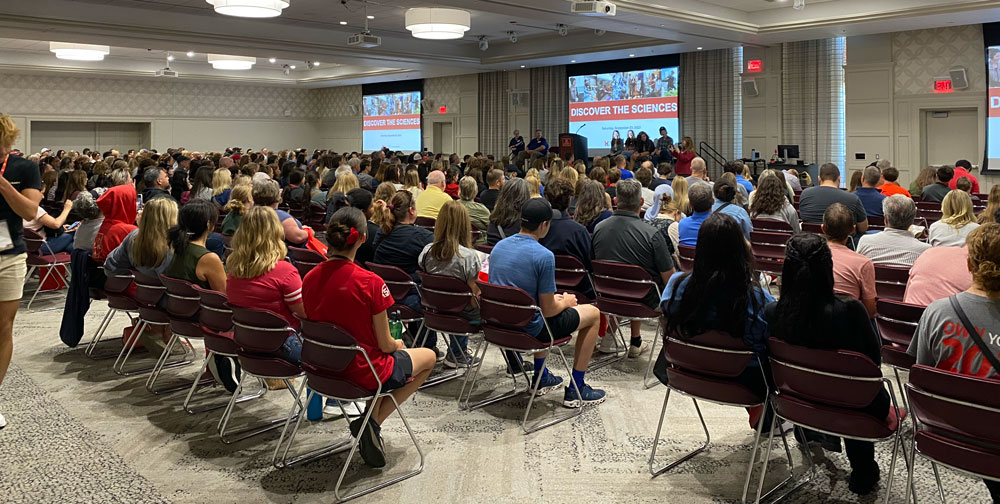What is comparative religion?
"Comparative religion" is one name for the field of scholarship within the arts and sciences that specializes in understanding religion; this field is also known as "religious studies." In this field, we examine religion as a dimension of human culture, using theories and methods common to other academic fields, such as history, sociology, anthropology, or literary and cultural studies.
Comparative religion is different from theology. Theology refers to intellectual traditions that develop within religions as members reflect on their own doctrines. To be trained in theology, you would attend a religious institution such as a seminary. Because Miami University is a state school, it does not have a program in theology.


